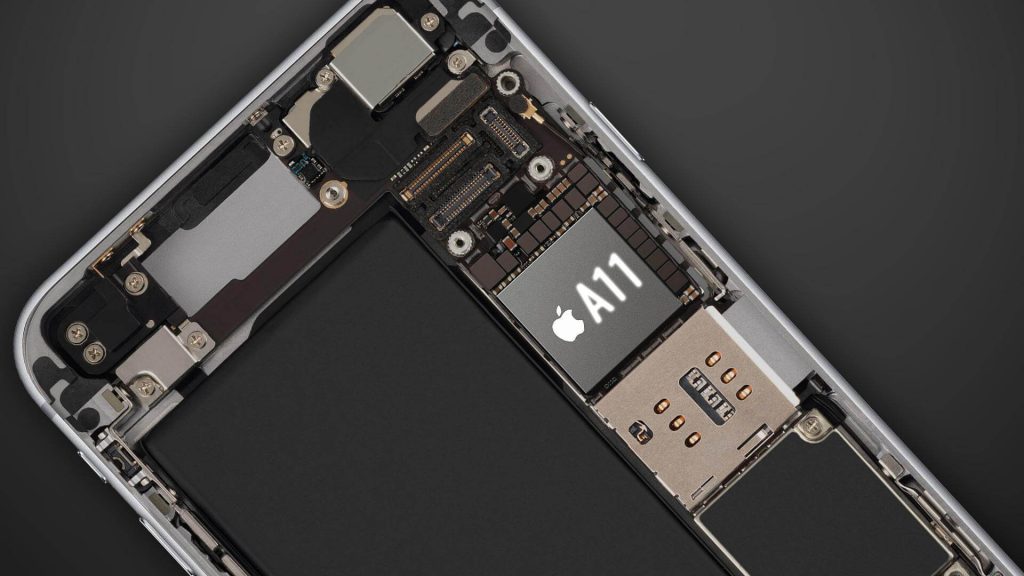
Next-Gen Apple iPhones May Have World’s First 7nm Chips
- Apple’s next-generation iPhones may have the world’s first 7 nanometer chips.
- The chips are being developed by Taiwan Semiconductor Manufacturing Co.
- The new generation chips will be much more efficient than the current 10nm designs and can allow Apple devices to offer better performance and battery life.
With mobile SoCs getting smaller than ever, the next generation Apple iPhones may include the world’s first 7nm chips. Taiwan Semiconductor Manufacturing Co. has supposedly begun production of Apple A12 chips for the upcoming iPhones this year.
A 7nm chip can allow Apple iPhones to be much more efficient in terms of battery usage and also offer better performance. The current generation iPhone 8, iPhone 8 Plus and the flagship iPhone X use a 10nm design. The smaller chipset can bring down app loading times significantly.
Image Courtesy of i2
The new chip is being mass produced and should see its inclusion in Apple’s 9th generation iPhones. Samsung is also said to be working on a 7nm chip of their own for upcoming Galaxy devices, which could debut as early as the next Galaxy Note device. Qualcomm and AMD are also planning to release 7nm chipsets for Android devices. The smartphone industry is showing signs of slowdown with manufacturers unable to provide substantial upgrades to current devices each year.
Rumors suggest that a larger version of the iPhone X is scheduled to release this year along to continue offering Apple’s new trend of devices with minimal bezels. A more affordable version of the iPhone X is also rumored to launch this year with an LCD screen instead of the AMOLED display the iPhone X is known for.
The new 7nm chip is said to be touted as the A12 chipset by Apple, which will be the successor to the A11 Bionic chipset found in the iPhone X. The iPhone X beat many consumer grade laptops in benchmarks when it was tested at release, and the A12 chipset can improve upon that through its higher efficiency and power. The A11 chipset was powered by 6 cores, and the upcoming A12 processor may ramp that to 8 cores for added efficiency and power for the next generation Apple devices.










